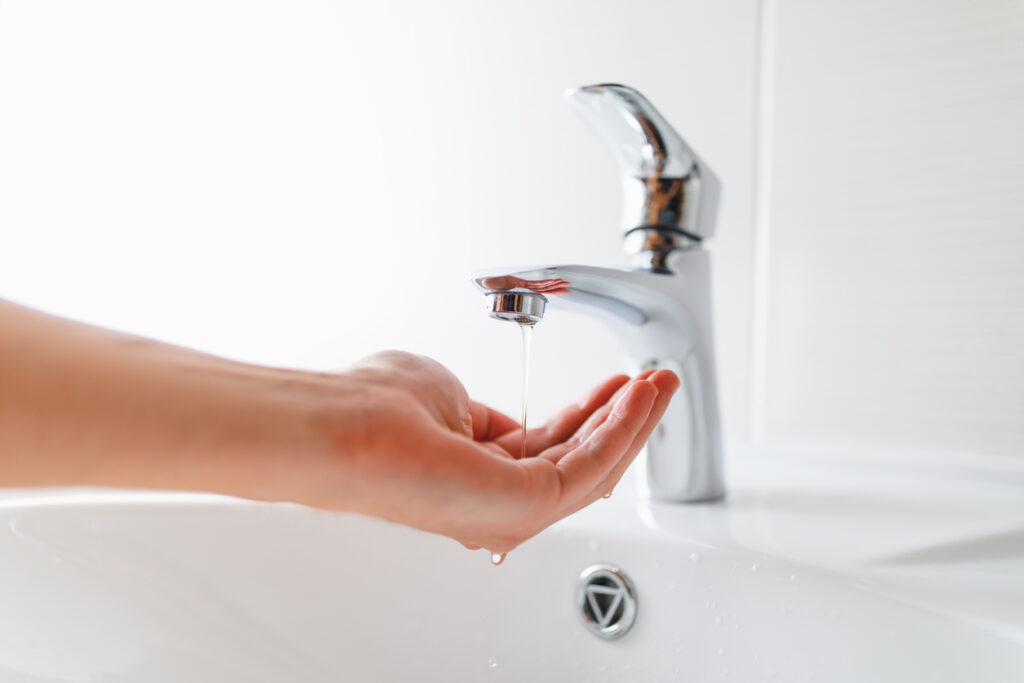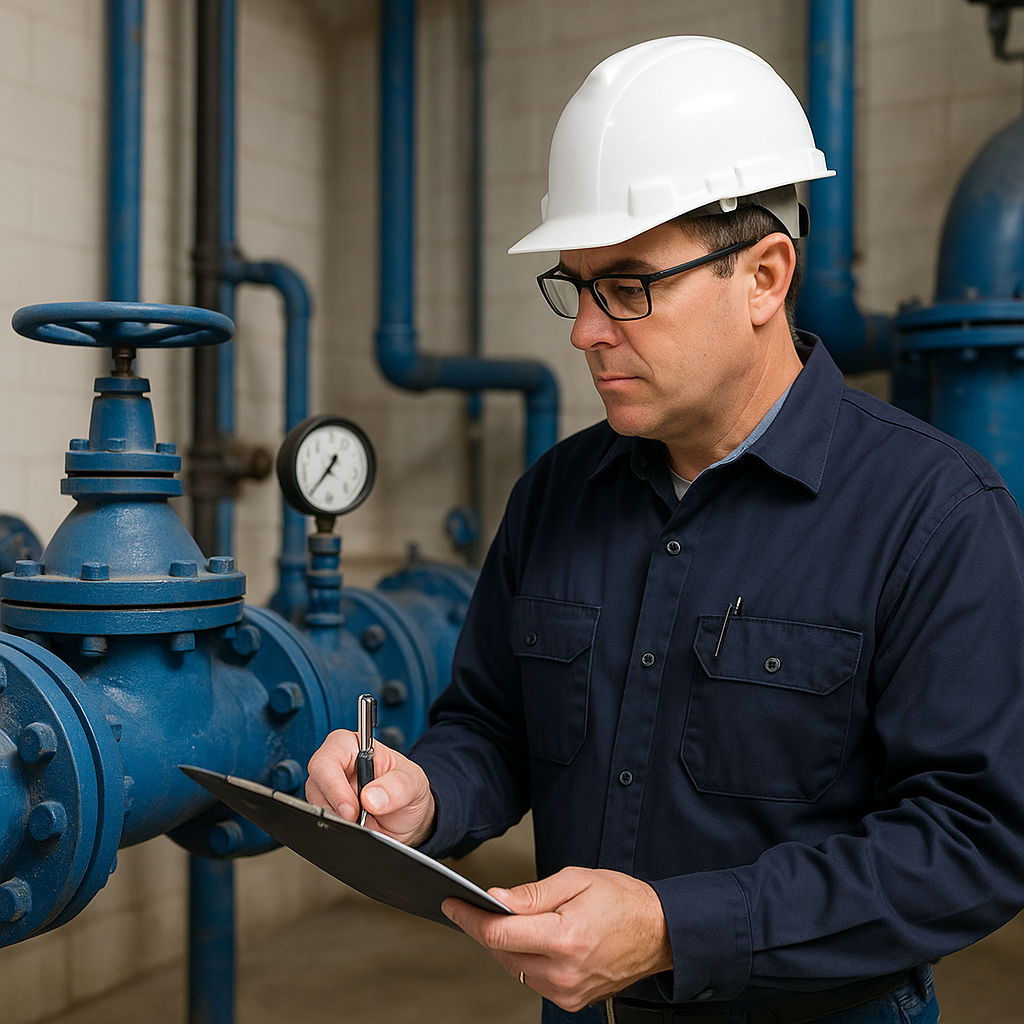How Does a Well Pump Work?

How Does a Well Pump Work?
A functioning well pump is a vital part of your home’s water system. Consequently, being able to answer the question “How does a well pump work?” means that you have a better understanding of this important resource in your daily life. A greater awareness of the well pump’s intricacies and impacts also reinforces the necessity of routine maintenance. This overview addresses frequently asked questions about how well pumps work and why annual inspections are essential for this key water system component.
What is a well pump?
In households that rely on well water, a well pump is the mechanical component that extracts water from underground and facilitates its delivery into the home. The comprehensive well system also typically includes the pressure tank, pressure switch and check valve in addition to the water pipes. Additionally, a water filtration unit may be included to further enhance the overall water quality.
Are there different types of well pumps?
There are two main types of well pumps: submersible well pumps and jet pumps. Factors like well location and well depth impact which type of well pump will work best for a particular residence, as well as how much a well pump or well service will cost. Since they need to be fully immersed in water, submersible pumps are typically found in deeper wells. Their popularity also stems from their larger water capacity and their relatively quiet operation. Since they are located above ground, jet pumps tend to be used for shallow well applications. However, there are also convertible jet pumps that can be used for wells of either depth, which makes them a versatile choice.
How does a well pump work?
Generally, well pumps utilize pressure to move water from its underground source. The type of well pump determines more specifically how that movement happens. For example, submersible pumps push water up through the pipe, while jet pumps take a vacuum-like approach to pull water up into the connected piping. Well pumps do not move water directly into the house for use. Instead, well pumps work with pressure tanks, and storage tanks in certain systems, to provide a consistent supply for homes that rely on well water. Water from the tap or used in doing wash comes from the pressure tank (or storage tank) and the well pump draws the water from the well into the holding location.
How does a well pump work with a pressure tank?
As water is used for showering, laundry and other daily activities within the home, the water pressure in the tank goes down. Once the pressure reaches the minimum level, the pressure switch triggers the pump to bring in more water. After the tank refills to the designated level, the pump shuts off. One sign that indicates a potential well pump malfunction is a continuously running or noisy well pump, so it’s important to be attentive to any sounds of the system in addition to the presence of water itself.
Additionally, some systems include water storage tanks, which are helpful for wells with low yields. A larger storage tank acts as a buffer, which allows the pump to fill the tank at a lower rate (when water isn’t being used). The storage tanks help ensure water flows into the home without overworking the well pump.
How long does a well pump work?
Routine inspections, timely well pump repair and other system support impact how long a well pump works. Most well pumps last at least 8 years with submersible pumps often functioning for several more. However, well pumps that aren’t maintained regularly may result in issues with water quality, as well as electrical or mechanical malfunctions. In addition to problems with the well pump itself, ongoing neglect of this water system component may lead to energy inefficiency and associated bill increases, costly damage to other parts of the system or interrupted water service.
What signs indicate a potential problem with the well pump?
If your well pump is constantly running or is making unusual noises, there may be an issue. Severe storms may also cause disruptions to well power. In the home itself, other emergency water signs include no water, low water pressure, water with sediment in it or changes in smell or taste. A well pump problem is not the only potential reason for a variety of emergency water concerns, but expert water professionals near you will certainly check it to ensure that it is working accordingly.
How important is routine maintenance in keeping a well pump working?
From well repair to annual water testing and system inspections, routine maintenance not only keeps your well pump working but also helps ensure the safety and quality of your water. Well water in particular may require additional water treatment needs, which is often determined through water testing. Homeowners may appreciate hard water being remedied with water softeners or the use of water filtration systems to improve the overall taste of water and reduce the potential exposure to contaminants.
The Aqua Pump Company is committed to our clients’ consistent access to quality water. With over 50 years of experience in this profession, we have the expertise and local knowledge to care for you and your water system. For new well pump installations, well pump maintenance or other water services, contact us today. Are you experiencing an urgent water problem? We also offer 24 hour emergency service!


